
Profit and prosper with the best of Kiplinger's advice on investing, taxes, retirement, personal finance and much more. Delivered daily. Enter your email in the box and click Sign Me Up.
You are now subscribed
Your newsletter sign-up was successful
Want to add more newsletters?

Delivered daily
Kiplinger Today
Profit and prosper with the best of Kiplinger's advice on investing, taxes, retirement, personal finance and much more delivered daily. Smart money moves start here.

Sent five days a week
Kiplinger A Step Ahead
Get practical help to make better financial decisions in your everyday life, from spending to savings on top deals.

Delivered daily
Kiplinger Closing Bell
Get today's biggest financial and investing headlines delivered to your inbox every day the U.S. stock market is open.

Sent twice a week
Kiplinger Adviser Intel
Financial pros across the country share best practices and fresh tactics to preserve and grow your wealth.

Delivered weekly
Kiplinger Tax Tips
Trim your federal and state tax bills with practical tax-planning and tax-cutting strategies.

Sent twice a week
Kiplinger Retirement Tips
Your twice-a-week guide to planning and enjoying a financially secure and richly rewarding retirement

Sent bimonthly.
Kiplinger Adviser Angle
Insights for advisers, wealth managers and other financial professionals.

Sent twice a week
Kiplinger Investing Weekly
Your twice-a-week roundup of promising stocks, funds, companies and industries you should consider, ones you should avoid, and why.

Sent weekly for six weeks
Kiplinger Invest for Retirement
Your step-by-step six-part series on how to invest for retirement, from devising a successful strategy to exactly which investments to choose.
As retirement approaches, there's a good chance you have Florida on your mind — conjuring dreams of warmer temperatures and a lost shaker of salt. After all, it’s the quintessential post-working world existence, so we're told. But is it right for you?
Before you take the Florida plunge, let us offer some earnest advice: Try before you buy. Spend some serious leisure time in the Sunshine State. Just be sure to skip the hotel and instead rent an Airbnb in a residential area you’re interested in, or park that RV you just bought in an RV-friendly place in Florida. Introduce yourself to the neighbors, shop and dine locally, and observe the rhythms of life. Stay a few days — or, better yet, a few weeks — and, as the realities of Florida living sink in, you might not like what you see.
To that end, we took a serious look at the downsides of retiring in Florida. Here’s some of what we found.

1. Florida Is crawling with boomers
Do you really want to join the graying crowd that made Woodstock a thing? Face it, your riff to retire in Florida isn’t solely yours. Look at the numbers and consider what you’ll be facing in the coming years.
Florida’s estimated population will be 5,970,637 by the year 2030, according to the Office of Economic & Demographic Research. That’s a lot of congestion caused by tricked-out golf carts and two-wheeled scooters. Other popular retirement states in the Southeast — Georgia, Alabama, the Carolinas — all skew much younger than Florida.

2. Florida Is crawling with critters, too
It’s common knowledge that Florida has a lot of alligators. (Trump is pushing for Alligator Alcatraz, after all). There are also invasive Burmese pythons, green iguanas and herpes-carrying wild monkeys. Then there are the rats: Rats on the beach, rats in palm trees and rats on your roof. Molly Elliott, who lives in Fort Myers Beach, said beach rats were a big adjustment for her, as was the expense of keeping them out of her house. At one point she was paying as much as $300 a year for rodent control.
Other transplanted northerners agree that the pests and exotic creatures are an acquired taste. “Critters!” says Trisha Torrey, a transplant who now lives in central Florida. “It’s not unusual to see snakes and alligators, especially on golf courses. Neighbors have found poisonous snakes on their lanais and patios three times [since] we’ve lived here.” And that's not even counting the millions of termites eating the wood floors and framing of Florida homes.
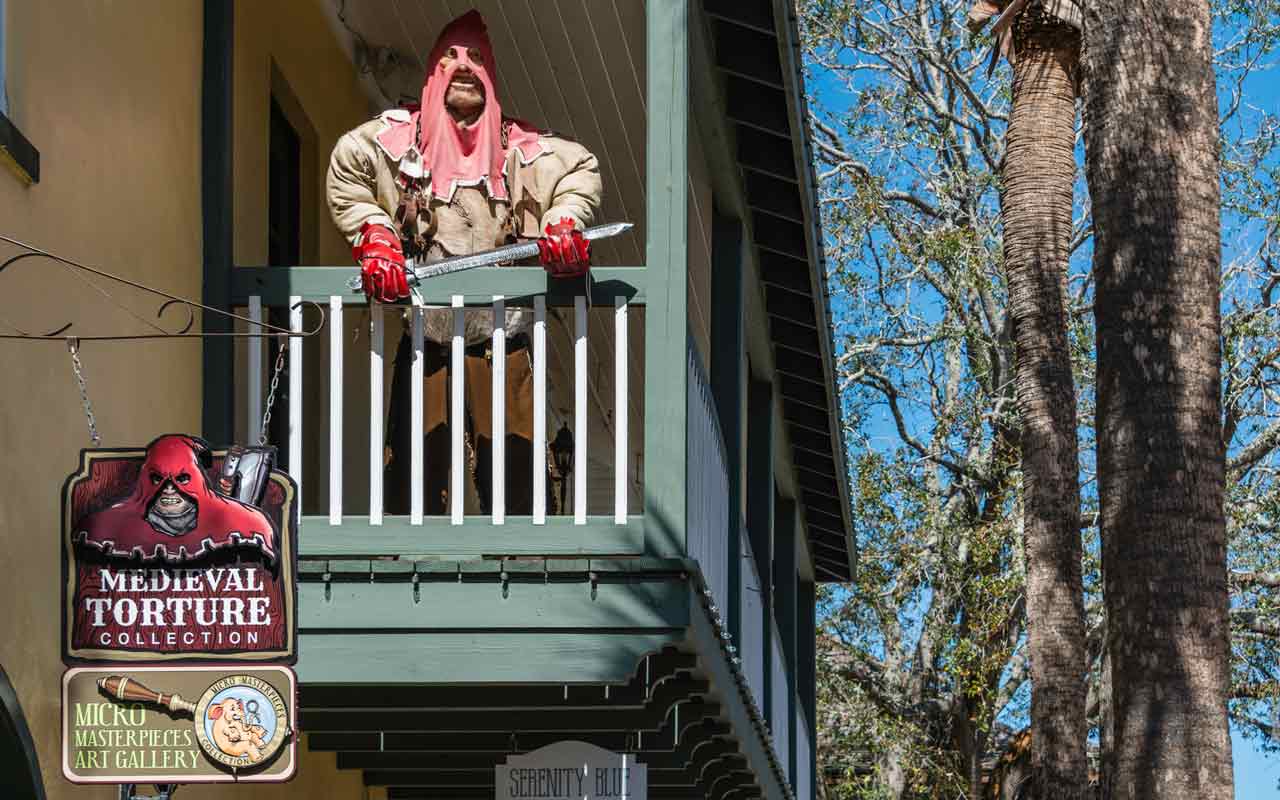
3. Florida has an excess of weirdness
Perhaps Florida gets a bad rap, but come on: It sure has more than its fair share of weird stories that waft in and out of the news cycle. Craig Pittman, a native Floridian and former journalist at the Tampa Bay Times, literally wrote the book on Florida weirdness: “Oh Florida! How America’s Weirdest State Influences the Rest of the Country.”
Here’s a telling snippet from a 2016 New York Times review of Pittman’s book: “The deal with Florida is the charlatans and lunatics and Snapchat-famous plastic surgeons. It is the Ponzi schemes, the Byzantine corruption, the evangelical fervor and the consenting-adult depravity. It is the seasonless climate. The lack of historical consciousness. The way in which this nation’s unctuous elements tend to trickle down as if Florida were the grease trap under America’s George Foreman grill.”
Now, that's brutal.
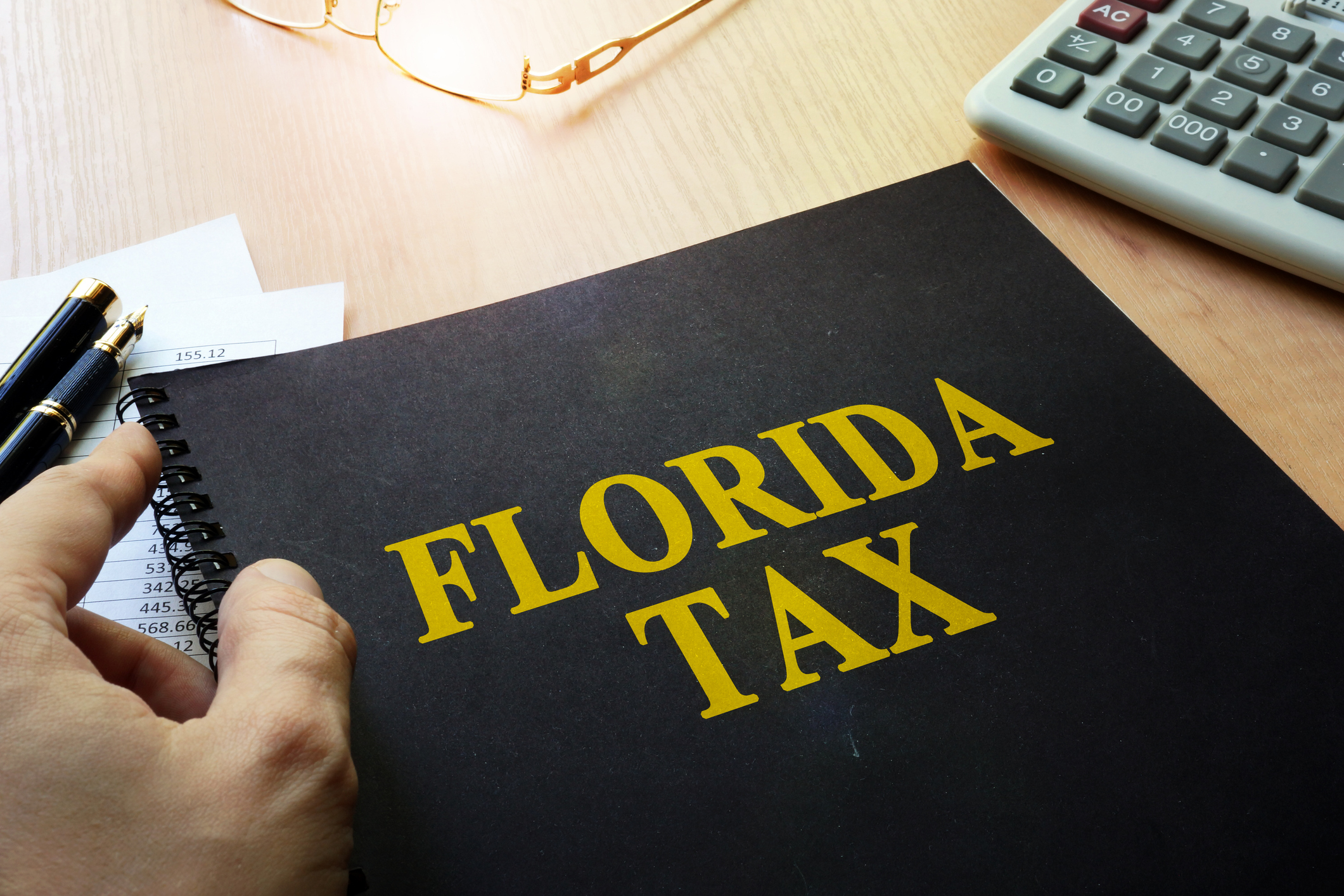
4. No state income tax? Florida makes up for It
A big whoop to many Florida transplants is there’s no state income tax — including no income tax on Social Security benefits, pensions and other retirement income — if you can establish residency in Florida. Score one for the Sunshine State. Check out our Florida Tax Guide 2025.
But don’t confuse "no state income tax" with "no taxes at all." State and local taxes in Florida can take a bite out of your retirement savings. For instance, the combined state and local sales tax averages 7.00% in Florida, according to the Tax Foundation. That’s higher than the combined rates retirees from snowbird states such as Michigan, Pennsylvania, Massachusetts and New Jersey are accustomed to paying.
Buying a new ride for your retirement? The 6% state sales tax applies to the entire purchase price, plus counties can tack on their own vehicle sales tax. Fees can add up, too. Florida charges a steep "initial registration fee" of $225 to register an out-of-state vehicle, for example. A driver's license costs $48 and is good for eight years.

5. You’ll sweat. A lot.
Let’s put this right up front: Florida cities earned four spots on the list of the top 10 sweatiest cities in the U.S., but if you think it’s just those cities in Florida that are sweaty, you’re kidding yourself.
However, your actual retirement location goes hand in hand with your degree of perspiration. You’re at risk of breaking a sweat year-round in South Florida, where even in the dead of winter temperatures can crack 80 degrees. But the farther north you travel, the more temperate the climate becomes. Yes, summers are hot, but winter temps can fall below freezing in parts of northern Florida. Speaking of crazy weather, January 2025 brought a rare winter storm and record snowfall — up to 10" — in some places.

6. Swimming pools are expensive
Naturally, you’ll want a swimming pool to beat the Florida heat. Plus, imagine the joy of watching your grandkids splash around under the lanai. And while you’re at it, you’ll want an attached spa to soak those aging muscles.
Just be prepared to pay a pretty penny to keep your pool up and running year-round. It can cost between $80 to $150 for a weekly or bi-weekly cleaning service, on average, to maintain a standard above-ground pool. You’ll also spend hundreds — even thousands — of dollars on routine repairs to torn liners and leaky plumbing. If you want your water heated in the winter, expect to shell out anywhere from $1,000 to $10,000 to install a pool heater. And don't forget about the hidden dangers lurking in the waters, like snakes and alligators.
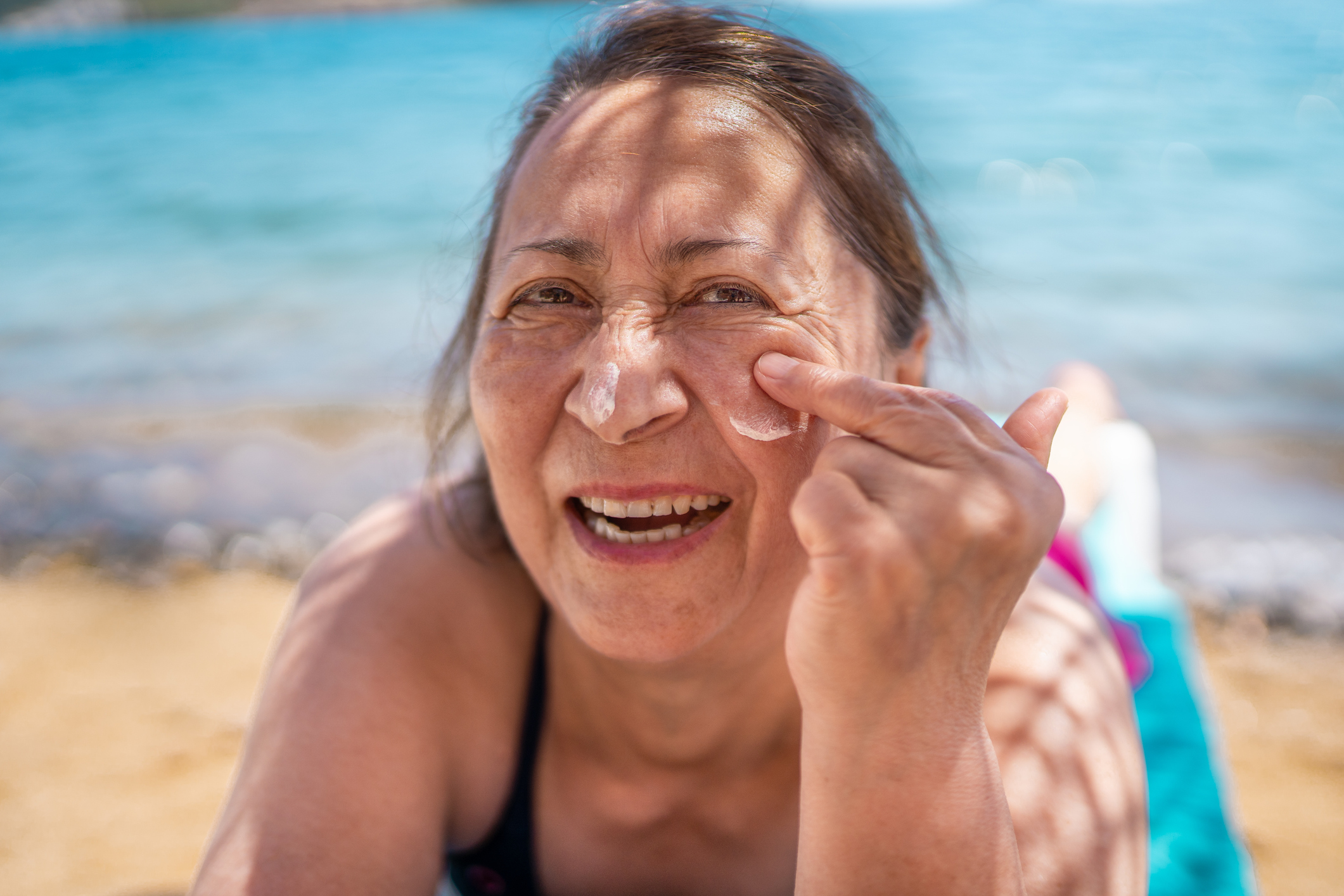
7. The sun can take a toll on your skin
Many boomers who grew up in the ‘60s and ‘70s grooved at the beach, slathering on baby oil to enhance the tan. SPF? Who knew? And those same boomers, now aging, are eager for the tropical Florida sunshine. But consider the dark side: Too much sun causes premature wrinkling, uneven skin coloring and worse.
"The skin can become tough and leathery," according to the Florida Institute for Neuroscience. "You may also notice more wrinkles. The sun can also cause brown, red, yellow, or gray spots in the skin called sun spots."
Prolonged sun exposure and frequent sunburns can also increase your risk of skin cancer. Sun worshipers are urged to avoid the sun between 10 a.m. and 4 p.m. (when the rays are most damaging) and use broad-spectrum sunscreens. And when you are on the beach or poolside, sit under an umbrella. Unfortunately, with 237 days on average of daily sunshine each year, it's a bit difficult to stay in the shade all the time.
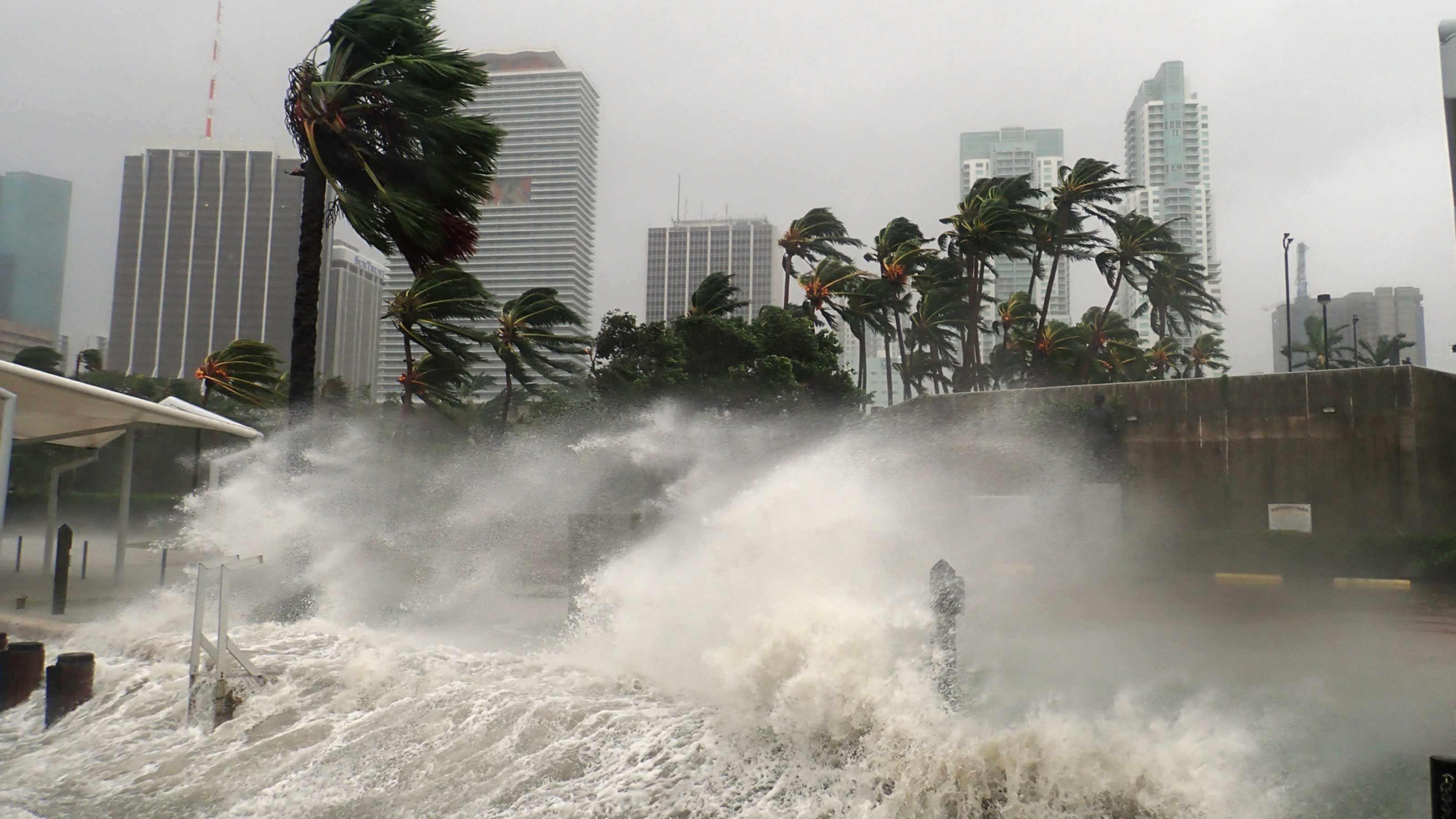
8. Hurricanes are a real menace
The Atlantic hurricane season is a long one. It runs from June 1 to November 30 — fully half the year — peaking in August through October, according to the National Oceanic and Atmospheric Administration (NOAA).
Florida is in the crosshairs of many of those deadly and destructive Atlantic hurricanes. In 2023, Hurricane Idalia made landfall as a Category 3 hurricane with 125 mph winds, causing estimated damages of $3.6 billion.
In September, 2024, Hurricane Helene hammered Florida and the Southeast killing more than 230 people, making it the deadliest hurricane to strike the U.S. since Hurricane Maria ravaged Puerto Rico in 2017. Some estimates put the economic impact of Hurricane Helene, including property and infrastructure damage, as high as $200 billion, which makes this storm the costliest storm in U.S. history.
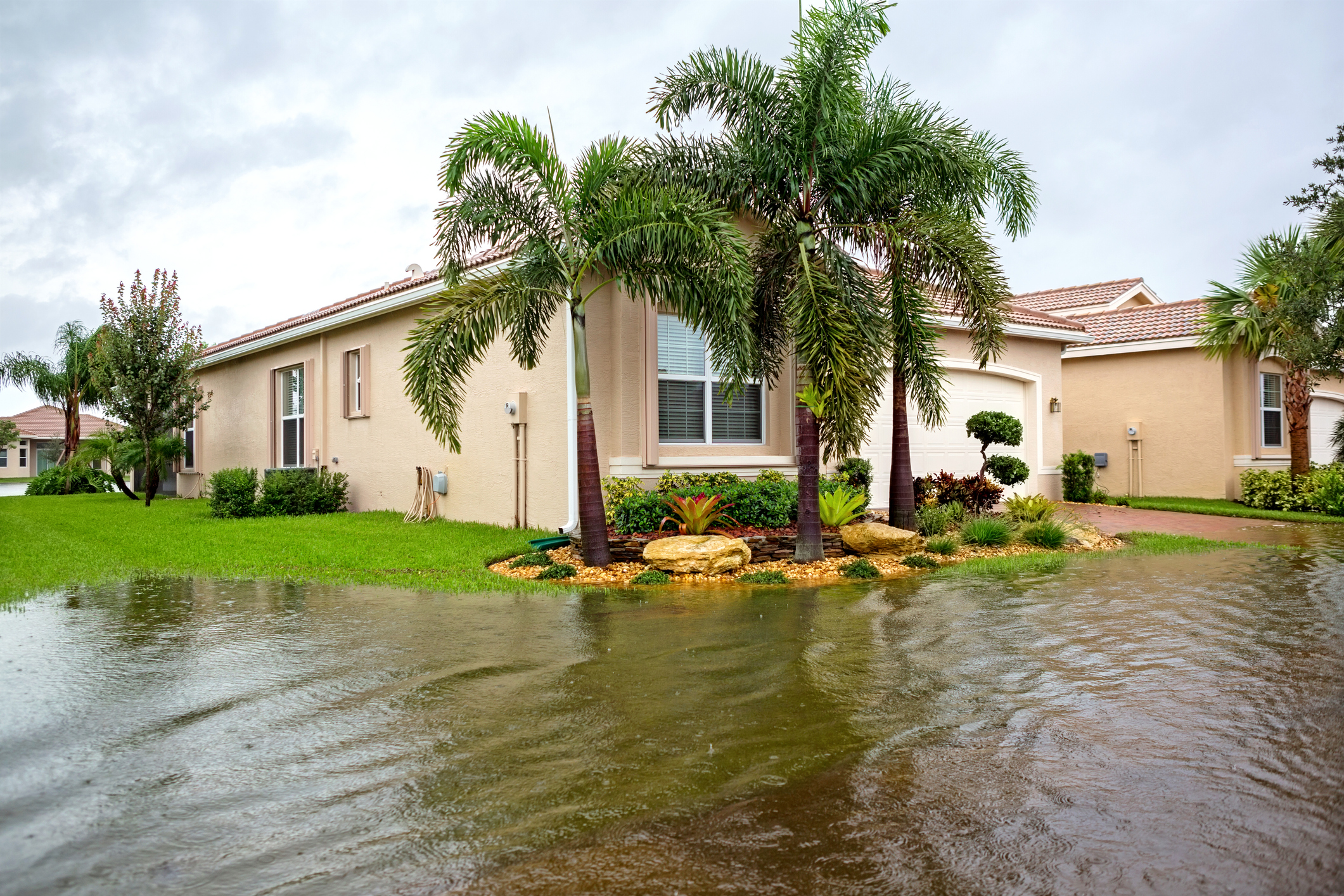
9. Hurricane insurance premiums are a menace, too
Retirees who move to Florida are often shocked to discover that deductibles for hurricane insurance often range from 2% to 5% (and sometimes as much as 10%) of the policy coverage, rather than the fixed dollar amount they were accustomed to up north. And that’s if you can line up any insurance at all.
“Homeowners insurance in general can be tough to get when you live on a barrier island,” says Elliott, the northern transplant who now lives in Fort Myers Beach on the Gulf Coast. “No one wanted to insure us, so we had to use the default state insurer.”
If you want to spend less on insurance, you’ll have to dish out between $100 and $300 for a wind mitigation test for the house you plan to buy to see how well it would stand up to severe winds. Why? “The cost to insure a home without wind mitigation features could be four times higher than a home with wind mitigation,” says Chris Heidrick, an independent insurance agent in Sanibel, Fla.
Oh, and if you buy a home in a designated flood zone, your mortgage company will insist you buy flood insurance, as typical homeowners insurance doesn't cover flooding. That alone can cost up to $781 per year. Home sellers in Florida will now have to also disclose information about a property’s flood history to prospective buyers.

10. You’ll miss your family
Florida newcomers tend to brace themselves for a lot of visitors from the north. After all, there’s the irresistible lure of sunshine, beaches, theme parks and a free place to stay — am I right? But, some transplants say, that wears off after initial visits to Florida by your siblings or your adult kids.
“Loved ones are often far away (ours are in New York and Pennsylvania),” says Torrey, the central Florida transplant. “Phone calls and video calls help out, but we don’t spend as much time together as we would if we were still up north.”
Related Content
Profit and prosper with the best of Kiplinger's advice on investing, taxes, retirement, personal finance and much more. Delivered daily. Enter your email in the box and click Sign Me Up.

Bob was Senior Editor at Kiplinger.com for seven years and is now a contributor to the website. He has more than 40 years of experience in online, print and visual journalism. Bob has worked as an award-winning writer and editor in the Washington, D.C., market as well as at news organizations in New York, Michigan and California. Bob joined Kiplinger in 2016, bringing a wealth of expertise covering retail, entertainment, and money-saving trends and topics. He was one of the first journalists at a daily news organization to aggressively cover retail as a specialty and has been lauded in the retail industry for his expertise. Bob has also been an adjunct and associate professor of print, online and visual journalism at Syracuse University and Ithaca College. He has a master’s degree from Syracuse University’s S.I. Newhouse School of Public Communications and a bachelor’s degree in communications and theater from Hope College.
- Kathryn PomroyContributor
- Erin BendigPersonal Finance Writer
-
 Nasdaq Leads a Rocky Risk-On Rally: Stock Market Today
Nasdaq Leads a Rocky Risk-On Rally: Stock Market TodayPresident Trump said he will decide within the next 10 days whether or not the U.S. will launch military strikes against Iran.
-
 Over 65? Here's What the New $6K Senior Tax Deduction Means for Medicare IRMAA
Over 65? Here's What the New $6K Senior Tax Deduction Means for Medicare IRMAATax Breaks A new tax deduction for people over age 65 has some thinking about Medicare premiums and MAGI strategy.
-
 U.S. Congress to End Emergency Tax Bill Over $6,000 Senior Deduction and Tip, Overtime Tax Breaks in D.C.
U.S. Congress to End Emergency Tax Bill Over $6,000 Senior Deduction and Tip, Overtime Tax Breaks in D.C.Tax Law Here's how taxpayers can amend their already-filed income tax returns amid a potentially looming legal battle on Capitol Hill.
-
 States That Tax Social Security Benefits in 2026
States That Tax Social Security Benefits in 2026Retirement Tax Not all retirees who live in states that tax Social Security benefits have to pay state income taxes. Will your benefits be taxed?
-
 What to Do With Your Tax Refund: 6 Ways to Bring Growth
What to Do With Your Tax Refund: 6 Ways to Bring GrowthUse your 2024 tax refund to boost short-term or long-term financial goals by putting it in one of these six places.
-
 What Does Medicare Not Cover? Eight Things You Should Know
What Does Medicare Not Cover? Eight Things You Should KnowMedicare Part A and Part B leave gaps in your healthcare coverage. But Medicare Advantage has problems, too.
-
 12 Great Places to Retire in the Midwest
12 Great Places to Retire in the MidwestPlaces to live Here are our retirement picks in the 12 midwestern states.
-
 15 Cheapest Small Towns to Live In
15 Cheapest Small Towns to Live InThe cheapest small towns might not be for everyone, but their charms can make them the best places to live for plenty of folks.
-
 Best Cold Weather Places to Retire
Best Cold Weather Places to RetirePlaces to live Some like it hot; others, not so much. Here are the 12 best places to retire if you can't stand the heat.
-
 15 Reasons You'll Regret an RV in Retirement
15 Reasons You'll Regret an RV in RetirementMaking Your Money Last Here's why you might regret an RV in retirement. RV-savvy retirees talk about the downsides of spending retirement in a motorhome, travel trailer, fifth wheel, or other recreational vehicle.
-
 The 24 Cheapest Places To Retire in the US
The 24 Cheapest Places To Retire in the USWhen you're trying to balance a fixed income with an enjoyable retirement, the cost of living is a crucial factor to consider. Is your city the best?

